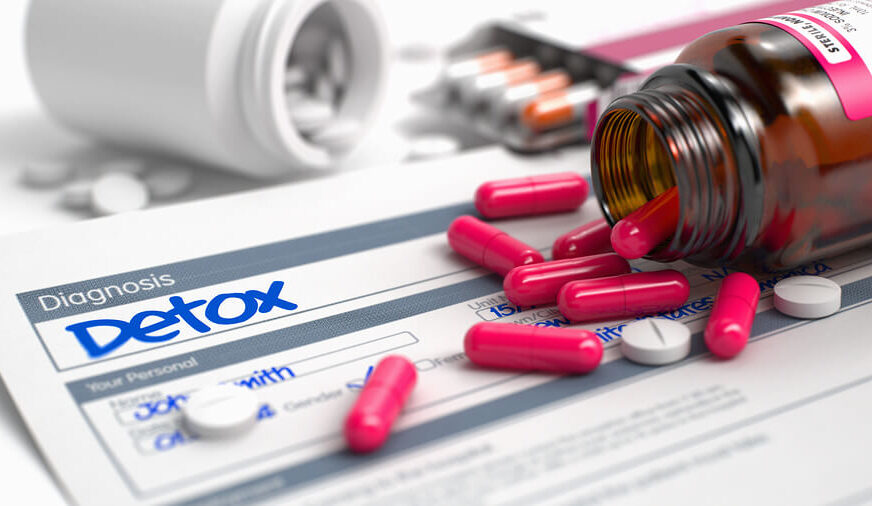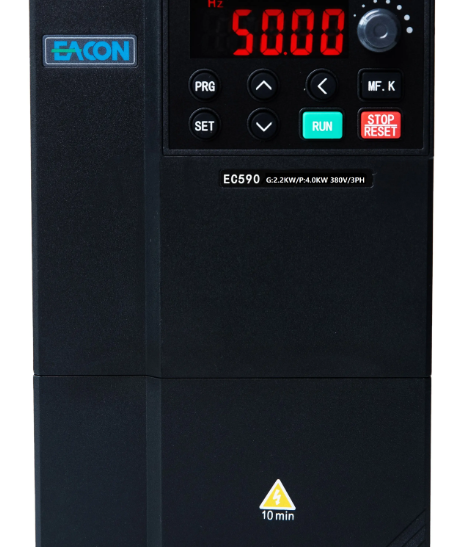Drug detoxification is the first step in overcoming addiction and regaining control of your life. One really useful option is in-home drug detox, which allows individuals to manage withdrawal symptoms from the comfort of their homes. However, while this method may seem convenient, it’s essential to evaluate its safety and effectiveness before making a decision.
What Is In-Home Drug Detox?
In-home drug detox involves managing the withdrawal process independently at home without direct medical supervision. This approach usually includes rest, hydration, over-the-counter medications, and support from family members. This is a good option for people who like the privacy. It also avoids the costs of a medical facility. However, while it may seem like a straightforward solution, detoxing at home requires careful consideration of the risks and challenges it presents.
Safety Concerns of In-Home Drug Detox
Safety is one of the most critical factors to consider when choosing a detox method. While in-home drug detox may appear manageable, it can pose serious health risks, especially for individuals with severe addictions. Withdrawal symptoms such as nausea, seizures, or heart palpitations can escalate quickly without medical assistance. Substances like alcohol and benzodiazepines carry life-threatening withdrawal risks, making professional intervention essential. Without proper guidance, in-home detox may become dangerous for many people.
Effectiveness of Detoxing at Home
Successfully detoxing involves more than just overcoming withdrawal symptoms; long-term recovery is the ultimate goal. The effectiveness of in-home drug detox varies widely depending on the individual. For mild addictions, it may provide temporary relief. However, the lack of structured support increases the likelihood of relapse. Triggers within the home environment and the absence of professional counseling can hinder recovery progress. While this method may work for some, it’s not a comprehensive solution for addiction.
Why Professional Detox Programs Are Safer
Professional detox programs provide a safer and more reliable path to recovery for individuals facing addiction. Medical detox facilities offer 24/7 supervision, ensuring that withdrawal symptoms are monitored and managed effectively. Doctors can prescribe medications to reduce discomfort and prevent serious complications. These programs also include counseling to address emotional challenges. Unlike in-home drug detox, professional settings create a structured environment, helping individuals avoid triggers and relapse while building a foundation for long-term sobriety.
Conclusion
Choosing between in-home drug detox and professional programs depends on personal circumstances and the severity of the addiction. Detoxing at home may seem appealing for privacy and convenience but carries significant risks, particularly for severe cases. Medical detox programs offer expert care, emotional support, and a higher likelihood of success. Consulting healthcare professionals can help you navigate the safest and most effective path to recovery.









